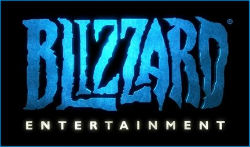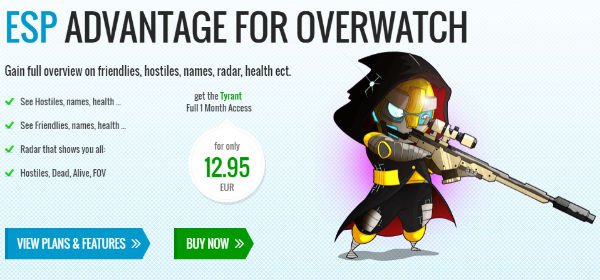‘Just’ 5% of UK Internet Users are Hardcore Pirates
mardi 5 juillet 2016 à 17:17 In an effort to monitor the shifting habits of Internet pirates in the UK, the Intellectual Property Office has commissioned regular reports from the researchers at Kantar Media.
In an effort to monitor the shifting habits of Internet pirates in the UK, the Intellectual Property Office has commissioned regular reports from the researchers at Kantar Media.
Originally commissioned by telecoms watchdog Ofcom and sponsored by the IPO back in 2012, the reports cover the consumption of both legal and illegal content by Internet users aged 12 and above. “Wave 6” was published this morning and covers the three-month period March to May 2016.
The headline figure is that around 15% of Internet users consumed at least one item of infringing content during the monitoring period, which equates to around 6.7 million people throughput the population.
However, when the study considered only Internet users who had actually consumed content online during the three-month period (rather than all Internet users regardless of consumption), the number of infringers jumped to 25%.
According to the study, the use of peer-to-peer (P2P) networks has decreased again this year, from 12% down to 10% among all Internet users and from 26% to 23% among those who admit to being infringers.
UTorrent remains the most popular ‘service’ used to infringe, but usage is on the decline from 17% of infringers last year to 12% in 2016. The Pirate Bay sits one place behind with 11%.
Levels of infringement vary across content formats. The highest levels relate to audio, with 8% of all Internet users saying they obtain music from illegal sources.
“Music was by far the most-consumed content type, both digitally (355 million tracks) and physically (88 million tracks) over the three-month period. We estimate that 78 million music tracks were accessed illegally online [during the monitoring period],” the researchers write.
Those are indeed big numbers but progress is being made. Estimated illegal consumption of music in the same period last year was more than 96 million tracks.
This year, around 7% of Internet users say they obtained TV shows from illegal sources, with movies in third place with 6%. While consumption of legal content has gone up, both figures represent a deteriorating piracy situation when compared to last year.
“[Legal consumption of] films showed an increase in volumes of just over 5 million and a more notable shift was seen for TV programmes of a 16 million increase over the last year,” the researchers note.
“These categories also both showed increases in the digital volumes of infringement with films now estimated at 24 million and TV programmes 27 million pieces of content.”
This year there are few surprises when it comes to people’s motivation to obtain content without paying for it.
“The most commonly cited reasons for infringing were because it is free (49%), convenient (45%) and quick (42%). Speed and convenience have both shown increases in 2016,” the researchers report.
Given the above, it’s straightforward to predict how infringers say they could be persuaded to pirate less.
Just under a quarter of infringers say that cheaper prices would help, while one in five say that content being made available legally would reduce their reliance on illicit sources.
Interestingly, the study also shows that non-service related solutions to deter pirates might not be particularly effective. Year on year, it appears that fewer Internet users are worried about oppressive anti-piracy measures.
“Responses to the threat of ISP letters suspending their accounts or restricting their internet speed have decreased again in 2016; the suspension of internet service in particular has fallen by a small proportions wave-on-wave, from 22% in the first wave, to 15% in 2015 and the current level of 11%,” the researchers write.
The headline figure of millions of citizens engaged in piracy certainly sounds like a lot but there are relatively few hardcore pirates in the UK.
Just 5% of all UK Internet users admit to exclusively obtaining content from illegal sources, meaning that the remainder who consume content are also happy to “do the right thing” via subscription or ad-supported services. That’s a very encouraging sign.
The full report can be downloaded here (pdf)
Source: TF, for the latest info on copyright, file-sharing, torrent sites and ANONYMOUS VPN services.
 Starting
Starting  Over the years video game developer Blizzard Entertainment has published many popular game titles.
Over the years video game developer Blizzard Entertainment has published many popular game titles.

 This week we have three newcomers in our chart.
This week we have three newcomers in our chart.